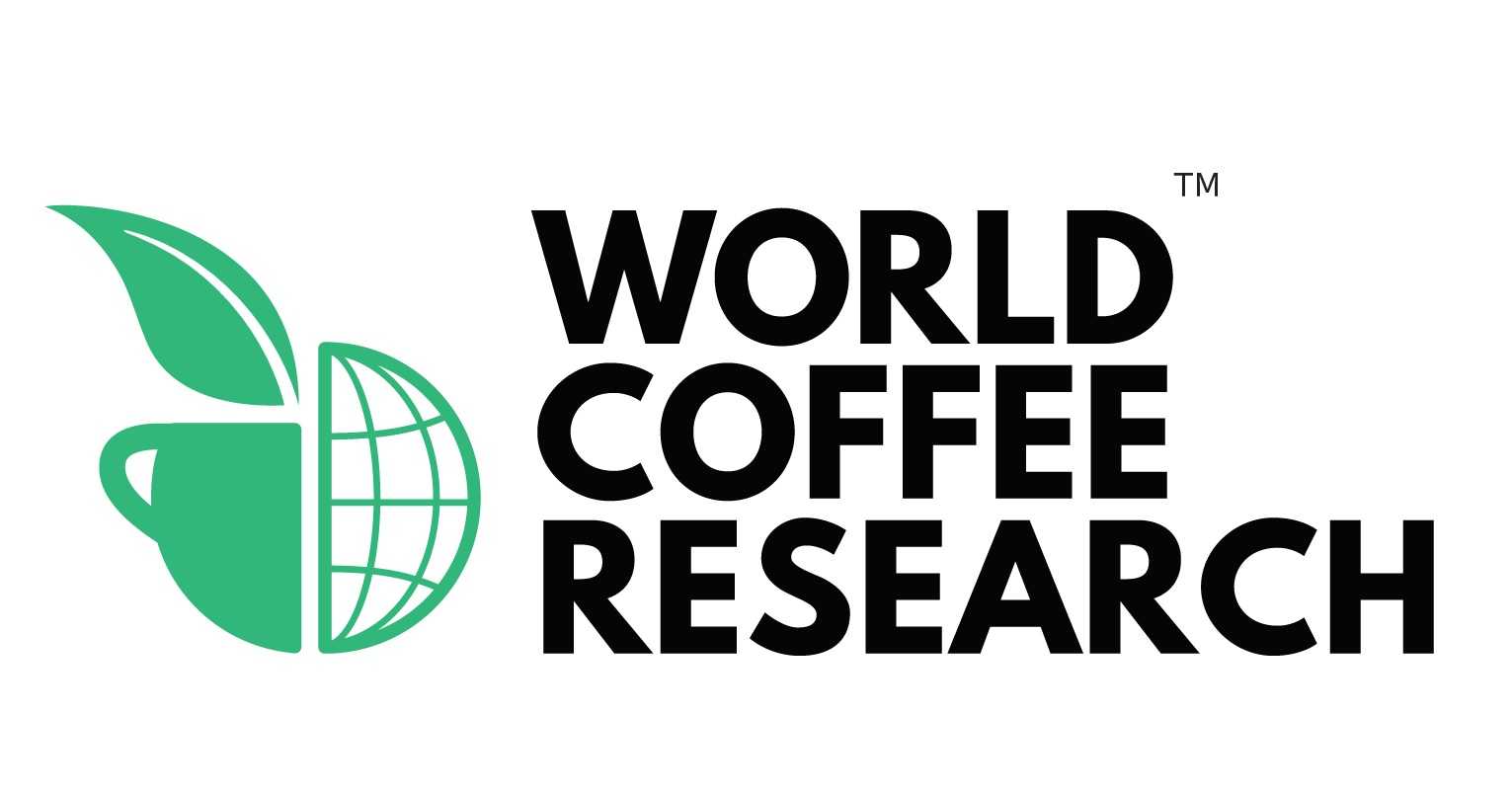MILAN – Since 2019, World Coffee Research (WCR) has been a partner in the Maximizing Opportunities in Coffee & Cacao in the Americas (MOCCA) program, which works with coffee and cacao farmers in Guatemala, El Salvador, Nicaragua, Honduras, and Peru to increase their profitability. The program is financed through the United States Department of Agriculture and implemented by TechnoServe.
WCR facilitates research and disseminates findings to help coffee farmers become more profitable, including training nurseries and suppliers to increase the quality of planting material available to farmers in the five MOCCA countries. These activities align with WCR’s strategic priorities to improve farmer profitability, assist diverse origins to remain competitive, increase quality, and accelerate climate adaptation.
Through MOCCA, WCR has collaborated with the region’s coffee research institutions to establish a Latin American Breeding Hub, which will focus on supporting countries in the PROMECAFE region to accelerate the development of new varieties. The breeding hub activities will be led and managed by the Honduran Coffee Institute (IHCAFE) and assisted by PROMECAFE. Salvador Urrutia, WCR Latin American Regional Director, says the hub will contribute to climate adaptation and sustainability of coffee in the region. Read more about the new breeding hub here.
A worker from WCR partner J. Hill holds a plantlet of the Col-4 variety during the installation of the latest International Multilocation Variety Trial in El Salvador in August 2020. Col-4 is one of the 28 varieties found in the trial at Flor Amarilla Research Farm. Photo by Julio Alvarado.
Another focus of the MOCCA project for WCR is the dissemination of findings from 111 on-farm trials and nine International Multilocation Variety Trials (IMLVT) installed in the five focus countries. The on-farm trial program is a network of small, on-farm variety trials where WCR and its partners work directly with farmers to test real-world variety performance in head-to-head comparisons of three varieties. In Nicaragua, the trials also test which variety and agronomy practices together lead to the highest gains in profitability for the farmer.
For the IMLVT trials, WCR partnered with 11 suppliers from around the world to plant 31 top-performing coffee varieties, some of which have never been broadly tested, to understand how variety performance varies across a wide range of environments.
Hector Santos and José Paiz, WCR country agronomists in Honduras and Guatemala, respectively, have indicated that most of the producers with whom on-farm trials have been installed had heard of improved varieties such as H1 Centroamericano, Anacafe 14, and Parainema, but had never had the opportunity to evaluate such varieties. Even though it is too early for results from yield and quality analyses, Hector and José agree that producers are beginning to recognize the value and goodness of these improved varieties.
Santos
Santos Sanabria stands between rows of H1 Centroamericano, intercropped with pigeon pea, at an on-farm trial at the El Aguaje farm in Corquín, Copán, Honduras, established in 2018 with WCR partner Hanns R. Neumann Stiftung. Photo by Hector Santos.
The more extensive on-station multilocation variety trials in Latin America are part of a global network of trials WCR conducts in Africa and Asia. This network will allow WCR to identify suitable varieties for each region and to work with national programs to evaluate whether there is interest in bringing new varieties to the country for commercial cultivation. To disseminate findings from the trials in Latin America, WCR will host and participate in events and seminars bringing together researchers from each of the collaborating member organizations of PROMECAFE to share knowledge and build local capacity.


















